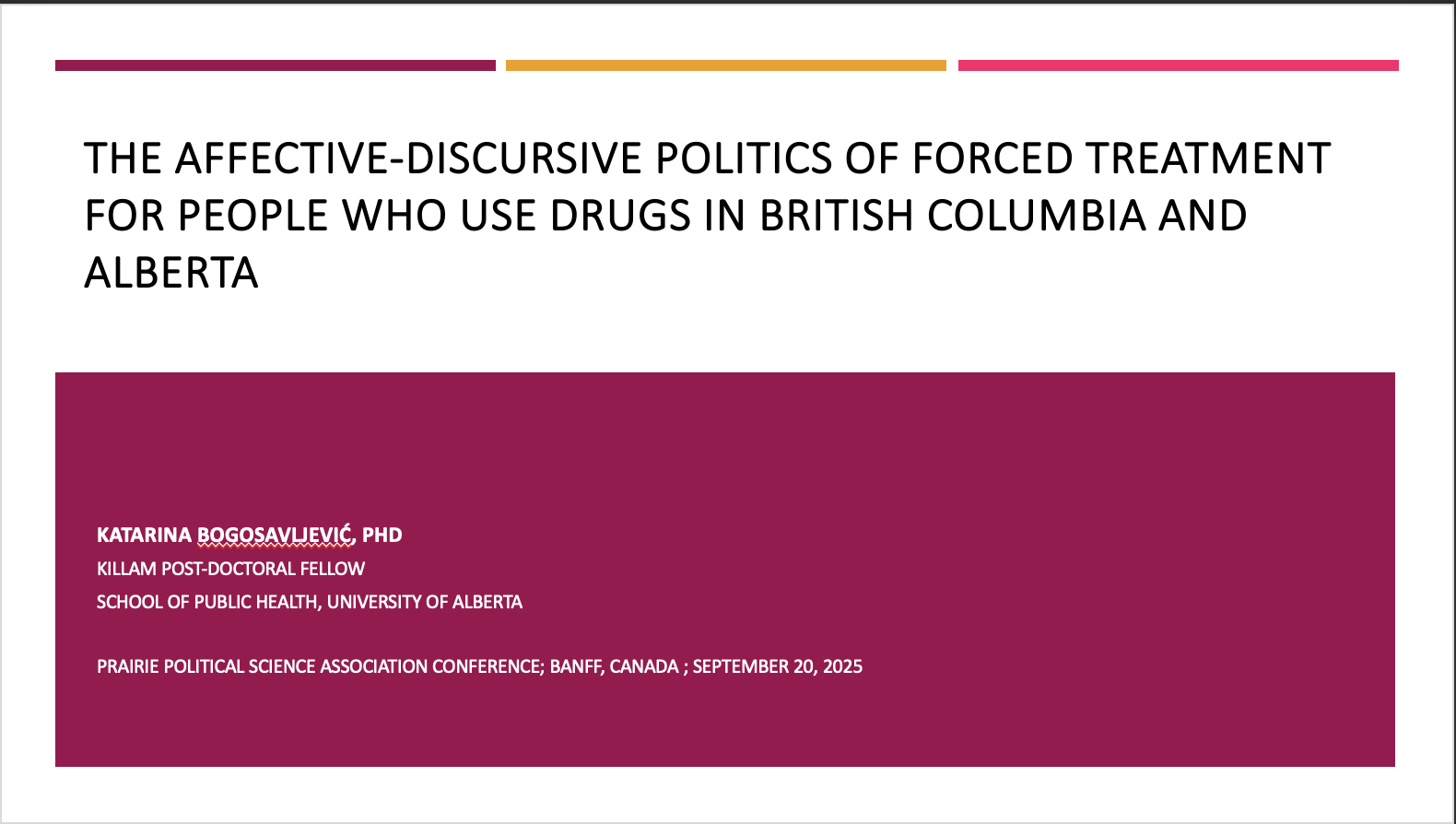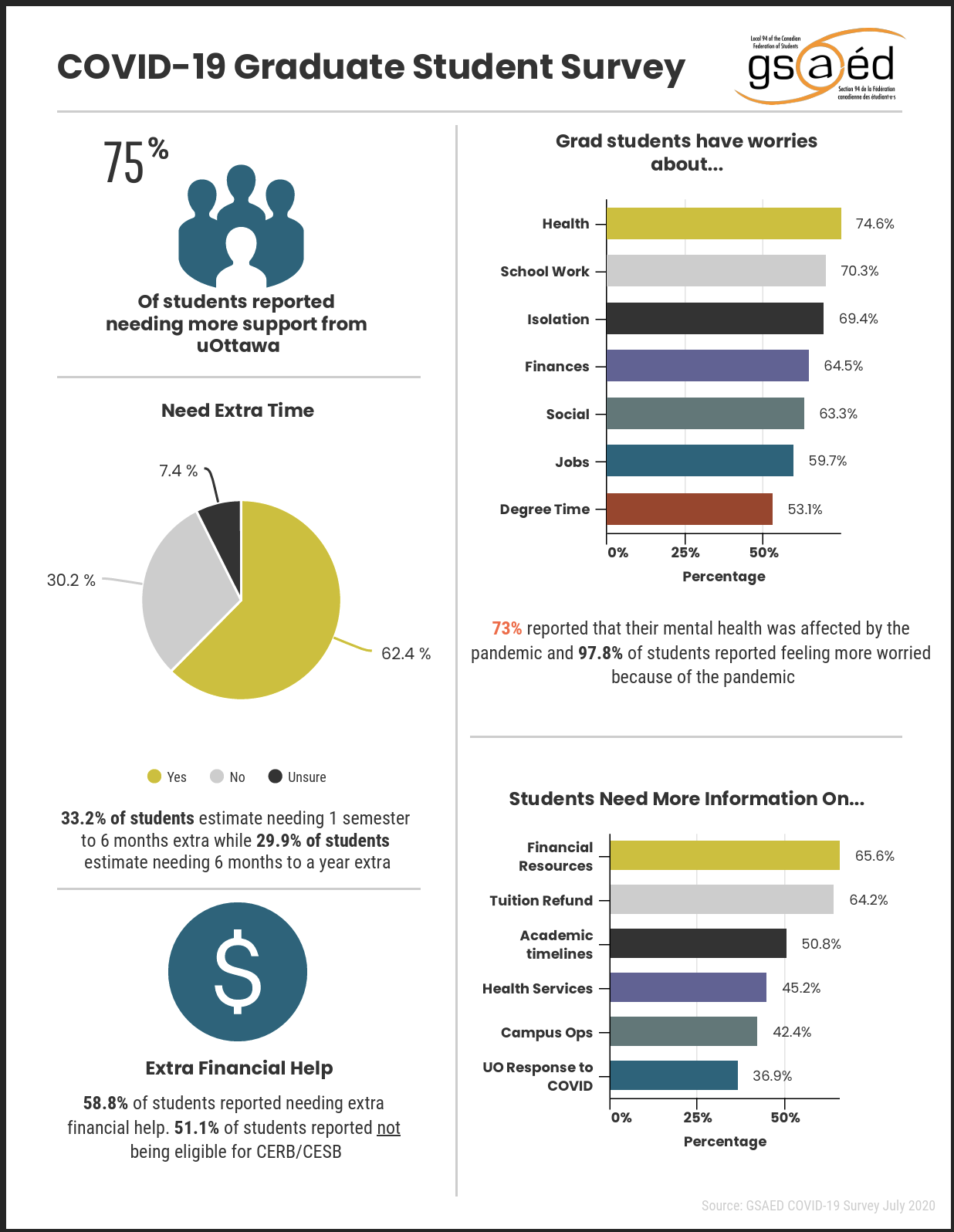Select Presentations
Mobilizing Justice: Interdisciplinary Perspectives on Law, Crime, Justice and Mobilities in Winnipeg, Canada
Presentation of our paper “In the Name of Health: Affect Theory and the Role of Public Health Risks in the Creation of Carceral Spaces” with colleagues Sophie Lachapelle and Dr. Jennifer M. Kilty. We discuss how public health is carceral, by mobilizing examples of strategies invoked to manage unhoused people during the COVID-19 pandemic in two Canadian cities, Vancouver, British Columbia and Kingston, Ontario, noting in particular how public health uses the affective language of risk to carceral ends. Such an interdisciplinary analysis of public health and carcerality helps reveal the palpable, yet slippery, characteristics of carceral spaces in our current epoch.
MAX Ottawa Presentation on HIV Nondisclosure and the Law
This presentation offers an overview of the law as it pertains to HIV nondisclosure. We went over some of the key demographics and harmful consequences of criminalizing HIV nondisclosure as well as different scenarios that do or do not constitute grounds for criminalization according to the law as it currently stands. We reviewed some of the important work that is being done in Canada to change the law and how you can get involved.
Select Paper Presentations
The Affective-Discursive Politics of Forced Treatment for People Who Use Drugs in British Columbia and Alberta
Presentation at the 2025 annual meeting of the Prairie Political Science Association in Banff, Alberta. This presentation offered an overview of the policy project I am conducting as part of my postdoctoral work on involuntary treatment models in Alberta and British Columbia.
Playing “Mental Judo”: Mapping Staff Compassion in Canadian Federal Prisons
Presentation at the 2023 National Critical Perspectives Conference in Ottawa, Canada. This paper, later published in Punishment and Society, details the malevolent form of compassion that takes shape within Canadian federal prisons.
Untangling the Messiness: The Emotional Labour of Conducting Criminological Research
Presentation at the 2022 Annual Meeting of the Law and Society Association in Lisbon, Portugal. This paper chronicles our experiences as PhD students navigating the everyday struggles of conducting criminological research.
Other Select Knowledge Mobilization
COVID-19 Graduate Student Survey Infographic
This infographic was created from survey findings that explored how the COVID-19 pandemic was impacted graduate students at the University of Ottawa. It shows that during the pandemic 75% of students needed more support from the University of Ottawa with over 60% needing extra time to complete their studies as a result of pandemic restrictions. Over 50% of students reported needing extra financial help because over half were not eligible for relief money from the Government of Canada. Notably, over 70% students reported that the pandemic negatively impacted their mental health.
You can find the infographic here.
We Can’t Police Our Way Out of the Pandemic
The We Can’t Police Our Way Out of the Pandemic dialogue was held to create a space where people could share their experiences, thoughts, feelings, and fears about the use of punitive enforcement measures to respond to the pandemic and the rise of authoritarianism in the name of disease control and public health. We wrote this report to highlight the information that came from these dialogues.
You can find the report here.
Alternatives to Calling the Cops Infographic
We created this infographic after the first “We Can’t Police the Pandemic” Dialogue to give folks an alternative to calling the police during the pandemic when there was intensified surveillance and policing of communities.
You can find it here.





